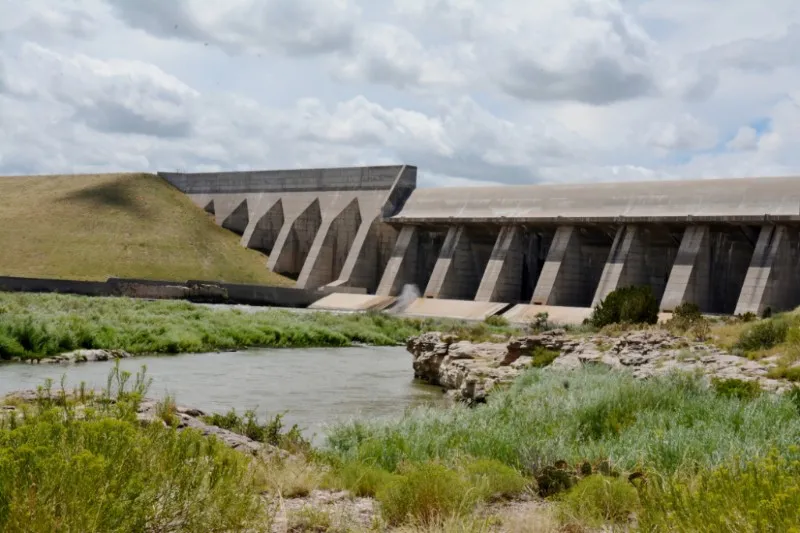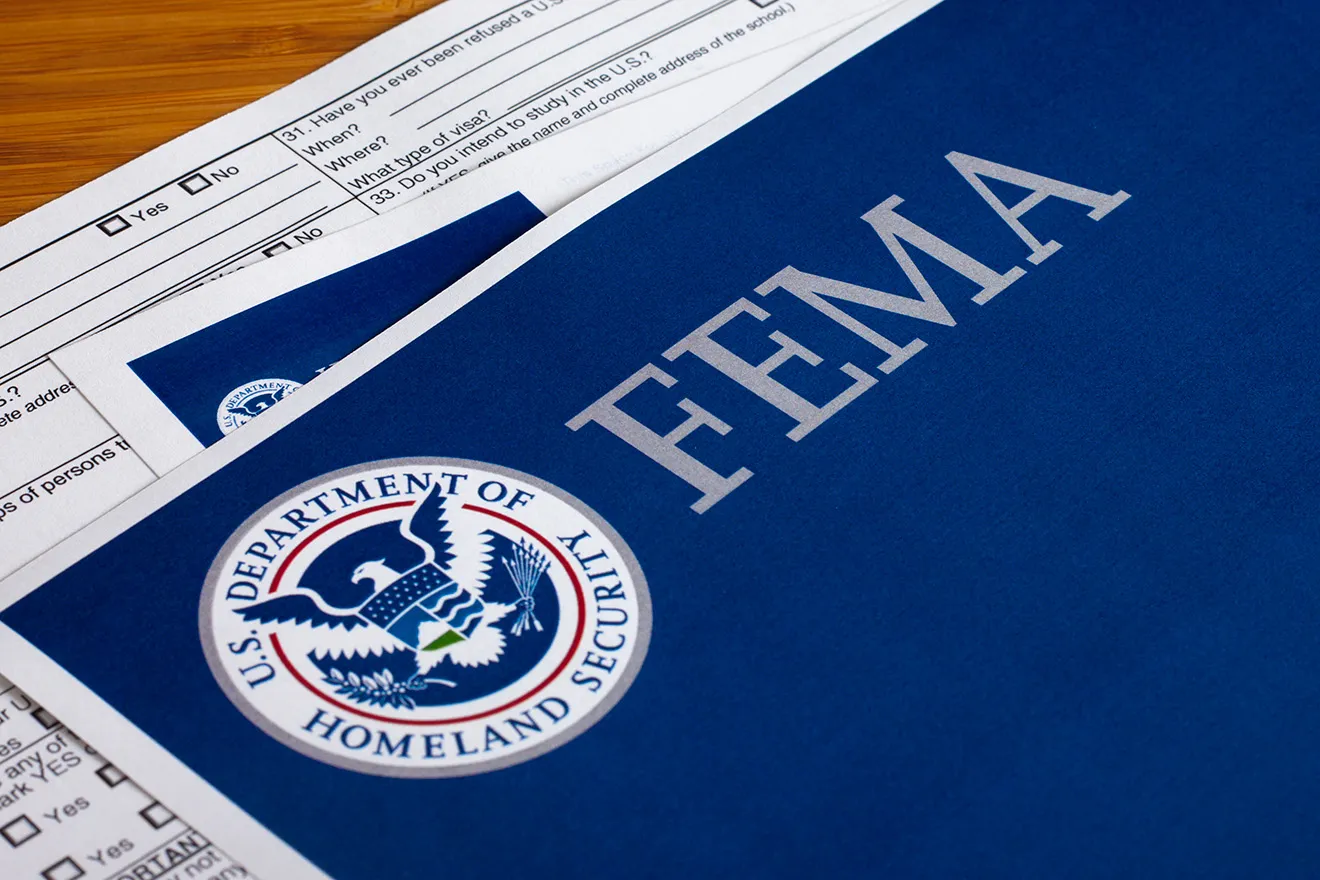
Daily Audio Newscast Afternoon Update - April 11, 2025
© INDU BACHKHETI - iStock-1336427297
News from around the nation.
China raises tariffs on U.S. to 125% as 'tit-for-tat' trade war escalates; Victory in federal court for northern ID grizzlies; MD's local libraries brace for federal funding cuts; MS residents' outcry prompts Social Security Admin. to reverse course on phone service cuts.
Transcript
The Public News Service Friday afternoon update.
I'm Mike Clifford.
China responded to President Trump's tariffs today, raising its own tariffs on American goods to 125 percent as the world's two biggest economies extended a fast-moving tit-for-tat that has seen the cost of the trade war soar and fuel concerns over a global recession.
That for the New York Times.
They report the announcement came after the Trump administration clarified that China was now facing a minimum tariff rate of 145 percent.
China said its new tariffs, which raised the tax on American imports from 84 percent, would take effect on Saturday.
And a U.S. judge has stopped a logging project in northern Idaho that would have carved more roads into the area and harmed the Selkirk grizzly population habitat.
There are only about 50 grizzlies in the region.
Mike Garrity, head of the Alliance for the Wild Rockies, which has been in litigation with the U.S. Forest Service over this issue for nearly six years, says the project would have resulted in more roads than is allowed under the agency's rules.
The forest plan, which is their management plan that governs the forest, limits road density in Selkirk grizzly bear habitat because most grizzly bears are killed within a third of a mile of a road, and it's usually a logging road.
The court decision found the government had been violating road construction limits for years.
I'm Eric Tegethoff reporting.
And public libraries in Maryland are expecting to soon feel the pinch of federal budget cuts as the Trump administration has opted to dismantle the agency responsible for funding many library services nationwide.
Maryland received more than $6 million from the Institute for Museum and Library Services, but it is one of seven government agencies set to close under an executive order signed last month.
Employees have already been put on administrative leave.
Cindy Hull with the American Library Association says people in rural areas rely heavily on their local libraries.
One report says 39 percent of rural Marylanders lack access to broadband internet.
A major service libraries provide.
Libraries are trusted anchor institutions providing Americans with access to the internet and technology, and especially in small and rural areas where people may not be able to afford those services or access in their homes.
So they rely heavily on that access through the public library.
Trump's executive order describes the services of the Institute and six other agencies as unnecessary.
I'm Zimone Perez.
And this week, the Social Security Administration reversed its plan to eliminate phone service for processing benefit claims after facing significant public backlash.
The decision follows intense advocacy from organizations and beneficiaries like Phyllis Wilson of South Haven, Mississippi, who faced the system's challenges firsthand.
And I know there were other people who could not get through whose offices had actually closed, but they answered right away and they talked to me about my spousal benefits and it told me that they could see that I was impacted by the web.
There was nothing that I needed to do.
The now reversed policy would have affected Mississippi's 680,000 Social Security recipients.
This is public news service.
The future of New York's advanced clean truck standards could be at risk as a bill in the legislature would postpone their implementation.
The standards prohibit heavy duty vehicles like trucks and buses from idling more than five minutes at a time.
Proponents of the standards say they're crucial to achieving goals in the state's climate law.
At a news conference, Conor Bambrick with the New York City Environmental Justice Alliance said the protections help reduce the health impacts of vehicle exhaust.
Communities like those in the South Bronx that are suffering from the highest asthma rates in the nation.
Rolling back the advanced clean truck rule will only perpetuate public health harms there and cause even further increased costs to New Yorkers.
While New York City residents face the highest air pollution risks, people in large urban areas are at high risk as well.
The state bill that would postpone these standards comes amid federal rollbacks of environmental protections.
A bill to repeal the advanced clean truck standards has been introduced in Congress and the Environmental Protection Agency is rolling back numerous air quality regulations.
I'm Edwin J. Vieira.
In Pennsylvania, among a growing number of states offering residents access to the Internal Revenue Service's free tax filing system, Direct File.
The online tool was created to save people both time and money by allowing them to file directly with the IRS while removing the need for costly tax prep services.
Lucas DiBartolo of East Stroudsburg says using Direct File was easy and recommends it for people looking to take advantage of available tax credits.
And it could be, you know, hundreds, two thousands of dollars back in their pocket.
And this software is really good at seeing what tax credits people qualify for.
It's estimated about 20 percent of eligible taxpayers don't claim the earned income tax credit.
DiBartolo says using Direct File was quicker than other online tools he's used and appreciated his quick refund.
I'm Catherine Carley.
By the way, Direct File is not yet available for freelancers, gig workers, people with complicated investments, or those who work across multiple states.
Finally, Wildlife Conservations are working with landowners and concerned Texans to recover at-risk species.
Currently more than 1,100 animals from salamanders to mountain lions to birds need protection.
Graham Jones with the Texas Conservation Alliance says the Texas Parks and Wildlife Department is at the forefront of the work.
And adds the agency created a comprehensive program to save the near-threatened Guadalupe bass.
Through stockings in different rivers and creeks, restoration projects in watersheds and rivers, and then the management of invasive plants and how that might affect, you know, the rivers.
And then also bringing in the public to help them.
The department is updating its Wildlife Action Plan that helps manage and conserve various species to keep them off the threatened and endangered list.
A survey is available on the department's website.
I'm Freda Ross reporting.
This is Mike Clifford for Public News Service.
Member and listener supported.
Hear us on radio stations big and small.
Your favorite podcast platform.
Find our content and trust indicators at publicnewsservice.org.

















